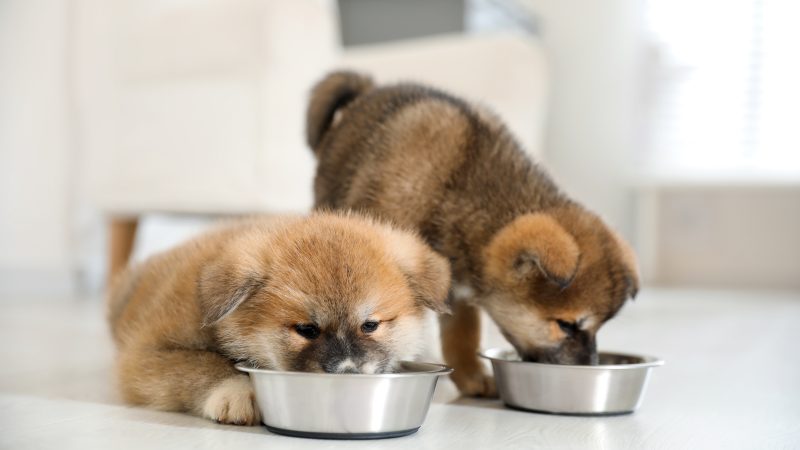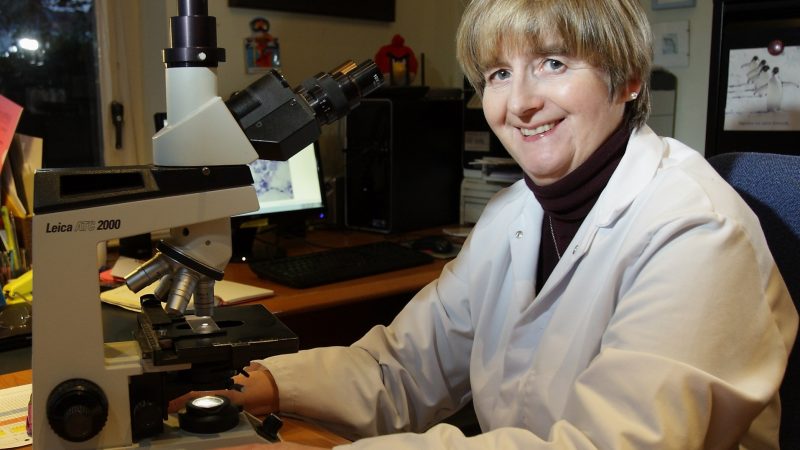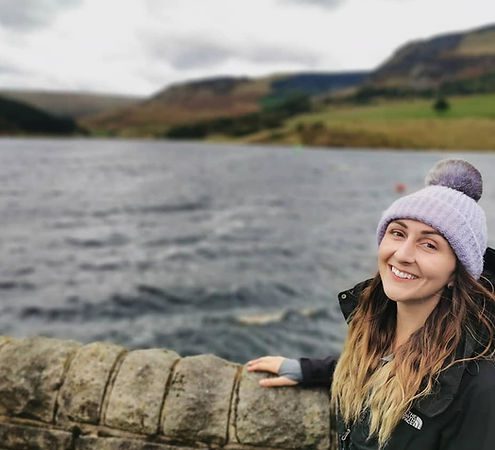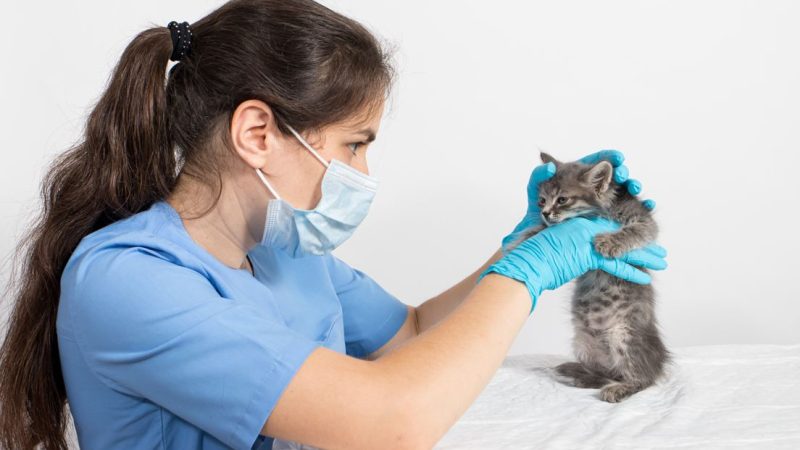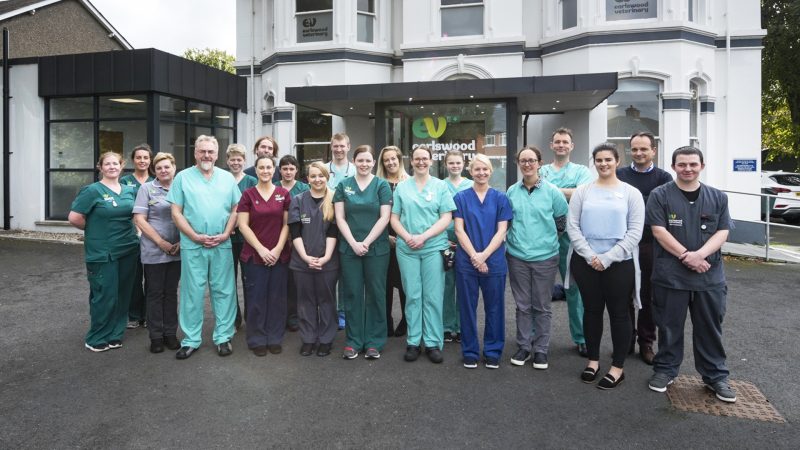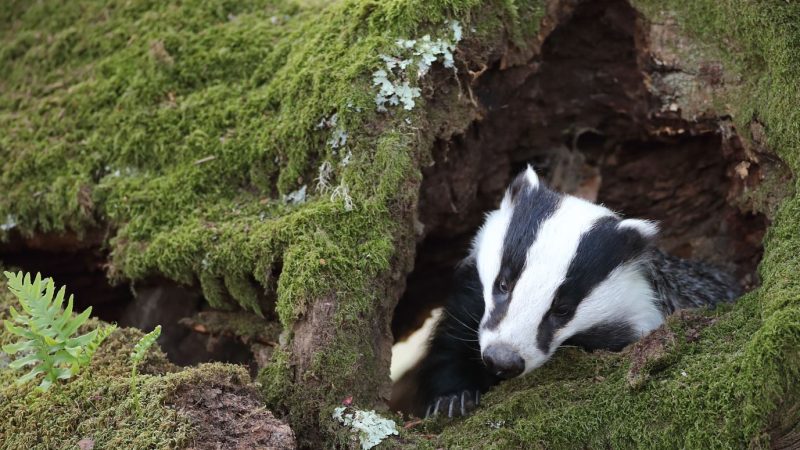Living with the new normal
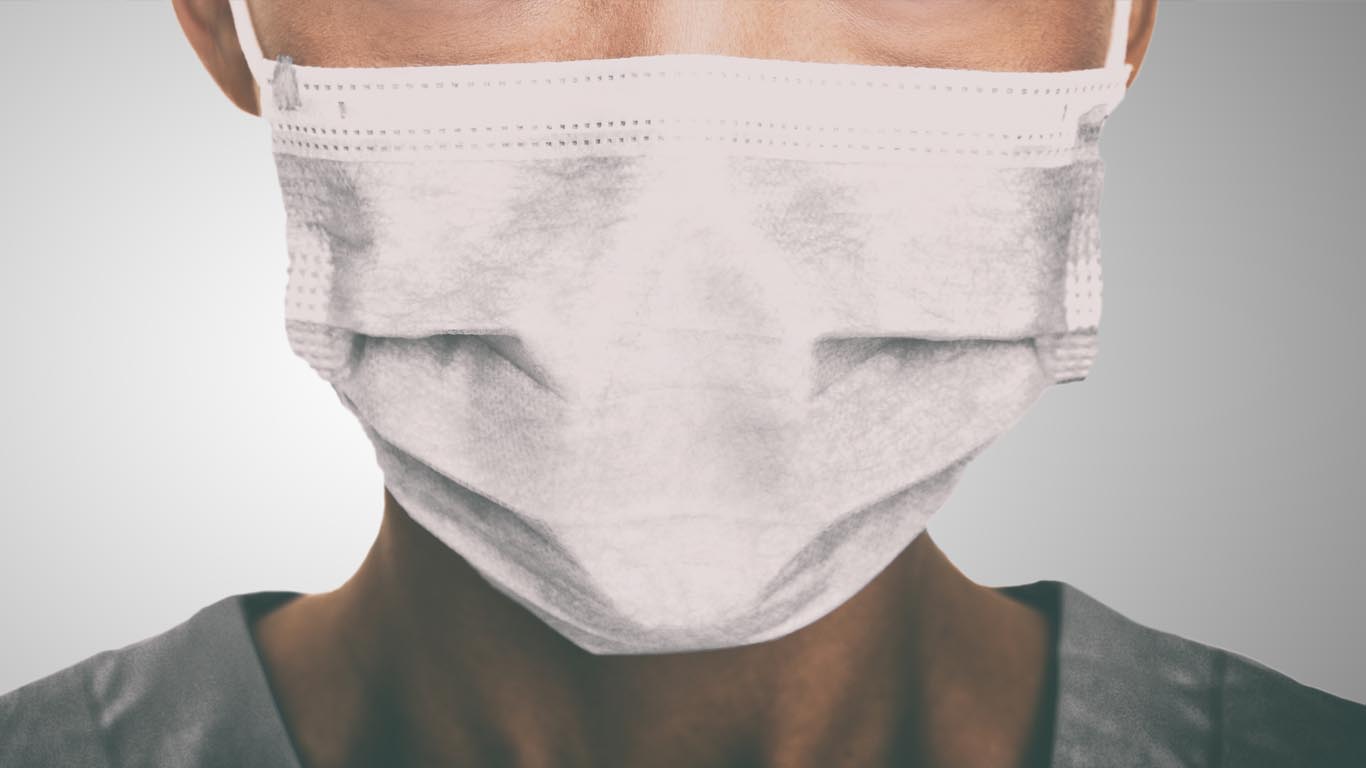
The devastating impact of the coronavirus pandemic in every aspect of our personal and business lives continues to be felt, but how has the crisis impacted on the veterinary profession in Northern Ireland and where do we go from here?
Before mid-March this year, few could have predicted the onset of the current crisis or believed that within just three months more than 42,000 people would have fallen victim to a deadly new virus in the UK alone.
Yet, this is the reality and we live now in a ‘new normal’ in which a deadly outbreak of coronavirus has rendered everyday interactions between humans impossible and set the world spiralling towards the cusp of crippling recession.
The impact that the ongoing pandemic has – and will continue to have – on business everywhere is obvious to us all. The UK government acted quickly in March to help mitigate the worst effects of such a sudden and unprecedented economic upheaval and its furlough scheme proved a vital lifeline to employees and businesses everywhere.
Yet the disruption caused to all aspects of normal life was huge and the veterinary community in Northern Ireland shouldered its share of the upheaval as vets and their clients struggled to come to terms with unavoidable change.
Most surgeries have since found ways to continue to work within the new guidelines, but the impact of the pandemic has stretched beyond everyday necessity, forcing the cancellation of every event in the community’s busy calendar for 2020, including the AVSPNI’s highly regarded Spring Conference, which was to have been held at the La Mon Hotel and County Club in mid-April.
Speaking to NI Veterinary Today recently, the president of the AVSPNI, Coleraine vet, Cathal Carr, indicated that in the early stages of the Covid-19 lockdown, there had been ‘an awful lot of fear’ evident among the local vets that he had spoken to. Nobody knew what to do or how to do it, he said, but as time went on and with help from various sources, including the Association, people learned to cope:
‘There was definitely a lot of worry,’ said Cathal. ‘Some people were very scared and they wanted to close their doors and do nothing. Others were worried financially and they were trying to do as much as they possibly could. Eventually, people found their feet, they started doing emergency work and gradually increased the amount they were doing from there.’
Currently, Cathal believes that the biggest threat that vets and their teams now face is from themselves:
‘We have learned how to deal safely with animals, even if it takes a lot more time,’ he added. ‘A 15-minute consultation can now take 25 minutes. But we still have to stand beside each other, so we have to see our veterinary team as a pod, and the reason we don’t want to let people into our practices is that if they turn out to be positive for Covid-19, we’ll have to lock the whole business down.’
Louise Patterson, the newly appointed NI rep for the British Veterinary Nursing’ Association (BVNA), says that the organisation’s response to the crisis has been ‘fantastic’, including a series of online webinars aimed at helping veterinary nurses move forward safely.
‘I am involved in teaching student nurses and we had to cease doing that face-to-face on March 20, but we have been supporting them online through Microsoft Teams and the lessons are now structured in a totally different way,’ added Louise.
‘It really is all change, but the nursing family and the veterinary community in general has been very supportive, we now have a very strong system in place.’
Among the systems adopted by some practices has been the use of furlough teams. Nursing support staff are organised into groups which are then rotated on and off furlough in order to allow everyone to continue doing their jobs, at least for short periods.
‘Everyone I speak to is anxious to get back to work, they miss their jobs, they miss their patients, but the future is difficult to know,’ conceded Louise. ‘Obviously, this is going to have an effect financially if practices aren’t making enough money to pay wages and people are worried about recession, but we hope that it won’t come to that.’
Belfast vet Susan Cunningham, president of the NIVA and of the NI branch of the BVA, said that she believed the local Association had ‘risen to the challenge’ presented by Covid-19.
‘The entire profession has been affected,’ she said. ‘No aspect of our work has been normal. Food animal practitioners have had the challenge of negotiating their busiest season with reduced staff and having to take particular precautions to protect farmers, many of whom are shielded. Equine and companion animal practitioners initially limited their activities to emergency cases only. Even though more recently they have been navigating a return to a fuller range of services, this has not been without its stresses, while they attempt to catch up with a backlog of cases in surgeries not designed for social distancing.’
In a recent letter to the NIVA membership Susan acknowledged that the immediate future might not be quite what anyone had started the year expecting, and that there would certainly be further hurdles. Even without a second wave of Covid-19, the full financial impact and indeed, that of Brexit remains ahead.
But speaking to NI Veterinary Today at the end of June, she expressed cautious optimism about the current level of Covid-19 in Northern Ireland, and looked forward to attending virtual BVA Council in mid-July.


